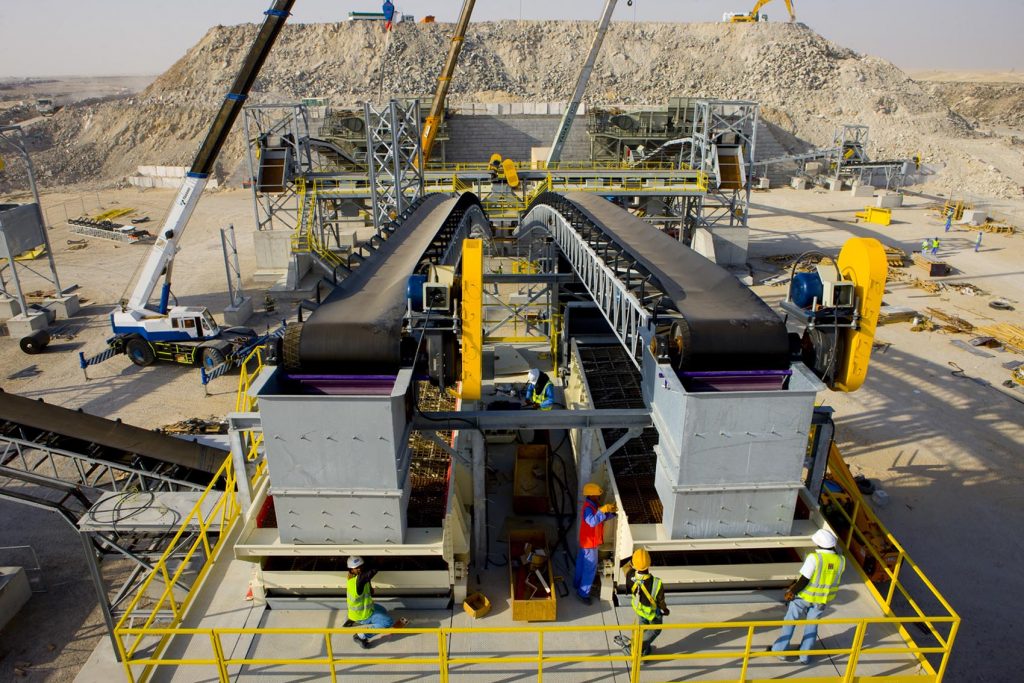GCC nations rank among the top ten in waste generation per capita, with C&D debris representing the largest proportion of waste in the Middle East, according to Waste and Recycling Middle East.
Limited related regulations in the region could also be a key reason causing the accumulation of the C&D waste in landfills.
Most experts in waste management say that recycling C&D waste can conserve raw material, energy, and water, as well as reduce the production of greenhouse emissions and other pollutants that can contribute to climate change.
The Waste Management Master Plan, being developed by Tadweer for Abu Dhabi, includes studies about the best practices, laws and policies related to waste management and the best cost efficient waste processing solutions. The Plan’s outcome will also propose methods to reduce commercial and industrial waste and raise awareness about the importance of reducing waste especially that of construction and demolition.
H.E. Eisa Saif Al Qubaisi, general manager of Tadweer, said: “As part of the master plan, despite the growth in C&D waste that increasing construction projects are likely to cause, we are aiming to reduce C&D waste levels. We hope to demonstrate how efficient C&D waste recycling can have a positive impact on the region’s environment, society, and economy during EcoWaste 2016.”
As part of the annual Abu Dhabi Sustainability Week hosted by Masdar, EcoWASTE will run from 18-21 January, co-located with the World Future Energy, and the International Water Summit (IWS), at the Abu Dhabi National Exhibition Centre.




